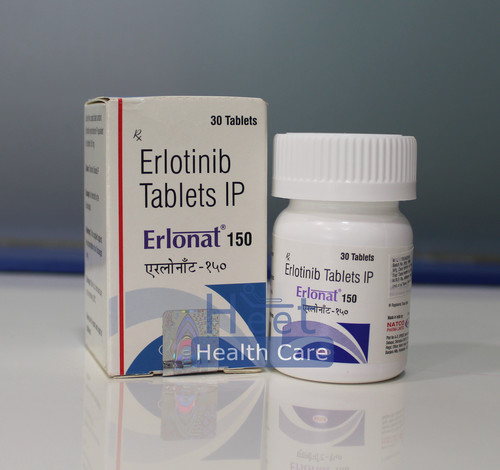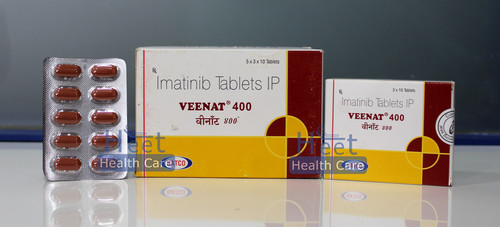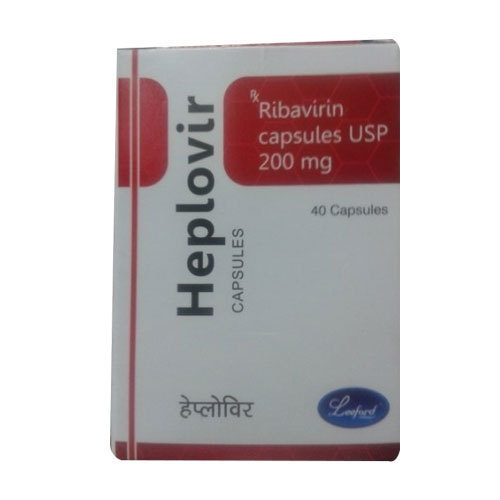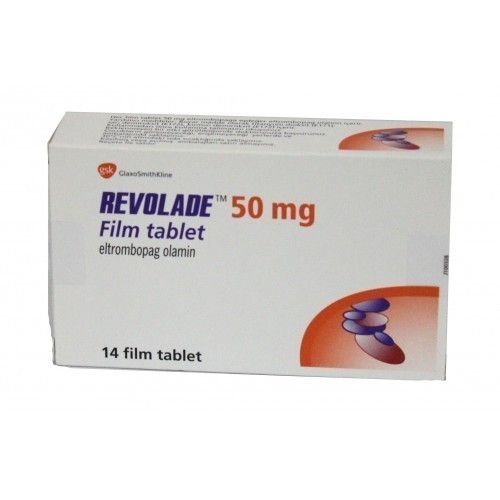Erlonat Erlotinib 150 mg Tablets
Price 8000 INR/ Box
Erlonat Erlotinib 150 mg Tablets Specification
- Origin
- India
- Dosage Form
- As Per Suggestion
- Feature
- Other
- Ingredients
- Other
- Application
- Other
- Physical Color/Texture
- White Powder
- Storage Instructions
- Cool & Dry Place
- Shelf Life
- 2 Years
Erlonat Erlotinib 150 mg Tablets Trade Information
- Minimum Order Quantity
- 10 Boxes
- FOB Port
- Delhi, Mumbai
- Payment Terms
- Letter of Credit (L/C), Western Union, Paypal, Letter of Credit at Sight (Sight L/C), Telegraphic Transfer (T/T), Cash in Advance (CID), Cheque, Cash Advance (CA)
- Supply Ability
- 10000 Boxes Per Month
- Delivery Time
- 7 Days
- Packaging Details
- Per Bottle 30 Tablets
- Main Export Market(s)
- Australia, North America, South America, Eastern Europe, Middle East, Western Europe, Africa, Central America, Asia
- Main Domestic Market
- All India
About Erlonat Erlotinib 150 mg Tablets
Erlotinib, the active component in Erlonat pills, has a 150 mg dosage. A tyrosine kinase inhibitor called erlotinib is used to treat specific cancers. It is typically administered for non-small cell lung cancer (NSCLC) that has spread to other organs and is progressed or metastatic and has a certain EGFR gene mutation. Erlotinib functions by obstructing particular proteins that encourage the growth and proliferation of cancer cells. It is administered orally and can be used alone or in conjunction with other drugs. To manage any adverse effects and guarantee the best possible treatment results, regular medical monitoring is required. Under the supervision of a licenced healthcare practitioner, erlonat should be utilised.
Features and Advantages of 150 mg Erlonat Erlotinib Tablets:
Features:
1. Tyrosine kinase inhibitor erlotinib, which is present in Erlonat tablets, is the active ingredient.
2. Erlotinib provides targeted therapy by targeting inhibiting cancer cells that have certain epidermal growth factor receptor (EGFR) gene mutations.
3. Treatment for Non-Small Cell Lung Cancer (NSCLC): Erlonat is typically administered to treat NSCLC patients with particular EGFR mutations who have progressed or metastatic NSCLC.
4. Erlonat is administered orally and is easy for patients to administer at home because it comes in tablet form.
Benefits:
1. Erlotinib has demonstrated important benefits in patients with NSCLC who test positive for the EGFR mutation, improving treatment outcomes and disease control.
2. Erlotinib reduces the progression of NSCLC in people who are eligible by preventing the growth and division of cancer cells.
3. Extended Survival: Erlotinib treatment has demonstrated to potentially increase survival rates in individuals with NSCLC who test positive for the EGFR mutation.
4. Relief from Symptoms: Erlotinib may lessen NSCLC-related symptoms such coughing, breathlessness, and chest pain.
5. Oral Therapy: For patients receiving cancer treatment, Erlotinib's oral version is convenient and simple to administer.
6. Erlonat is a component of the personalised medicine strategy that targets particular genetic abnormalities in cancer cells in order to treat patients more successfully.
7. Erlonat may be used in combination with other drugs to provide a more complete course of treatment.
It is crucial to remember that Erlonat Erlotinib 150 mg Tablets should only be used when directed to do so by a licenced healthcare provider. Before beginning treatment, patients should talk with their healthcare provider about possible side effects and advantages. To manage potential side effects and achieve the greatest results, regular medical monitoring is essential. To manage side effects and maximise therapy efficacy, patients should be regularly watched and given supportive care.
Uses for 150 mg tablets of Erlonat Erlotinib:
The main indication for the use of Erlonat Erlotinib 150 mg Tablets is the treatment of adult patients with particular epidermal growth factor receptor (EGFR) mutations who have progressed or metastatic non-small cell lung cancer (NSCLC). Patients with EGFR mutation-positive NSCLC who have experienced chemotherapy failure are prescribed it.
The main ingredient in Erlonat, erlotinib, is a tyrosine kinase inhibitor that specifically targets and inhibits proteins important in the development of cancer cells, especially in tumours with EGFR mutations.
Erlonat Erlotinib 150 mg Tablets Side Effects:
Erlonat Erlotinib 150 mg Tablets may result in side effects, just like any other medicine. Typical negative consequences could be:
- Rash or Acne-like Rash
- Diarrhea
- Nausea and Vomiting
- Fatigue or Weakness
- Loss of Appetite
- Dry Skin or Itching
- Nail Changes
- Mouth Sores
- Conjunctivitis (Pink Eye)
- Elevated Liver Enzymes
- Interstitial Lung Disease (rare but serious side effect)


Price:
- 50
- 100
- 200
- 250
- 500
- 1000+
More Products in Anti Cancer Medicine Category
Veenat Imatinib Mesylate 400mg Tablets
Minimum Order Quantity : 100 Boxes
Dosage Form : As Per Suggestion
Storage Instructions : Cool & Dry Place
Origin : India
Shelf Life : 2 Years
Feature : Other
Ribavirin Capsules
Minimum Order Quantity : 1 Box
Dosage Form : As Per Suggestion
Storage Instructions : Cool & Dry Place
Origin : India
Shelf Life : 2 Years
Feature : Other
Revolade Tablet
Minimum Order Quantity : 1 Box
Dosage Form : Tablet
Storage Instructions : Dry & Cool Place
Origin : India
Shelf Life : 1 Years
Xtandi Capsules
Minimum Order Quantity : 1 Box
Dosage Form : Capsule
Storage Instructions : Dry & Cool Place
Origin : India
Shelf Life : 1 Years
 |
HEET HEALTHCARE PVT. LTD.
All Rights Reserved.(Terms of Use) Developed and Managed by Infocom Network Private Limited. |

 Send Inquiry
Send Inquiry English
English Spanish
Spanish French
French German
German Italian
Italian Chinese (Simplified)
Chinese (Simplified) Japanese
Japanese Korean
Korean Arabic
Arabic Portuguese
Portuguese Send Inquiry
Send Inquiry




